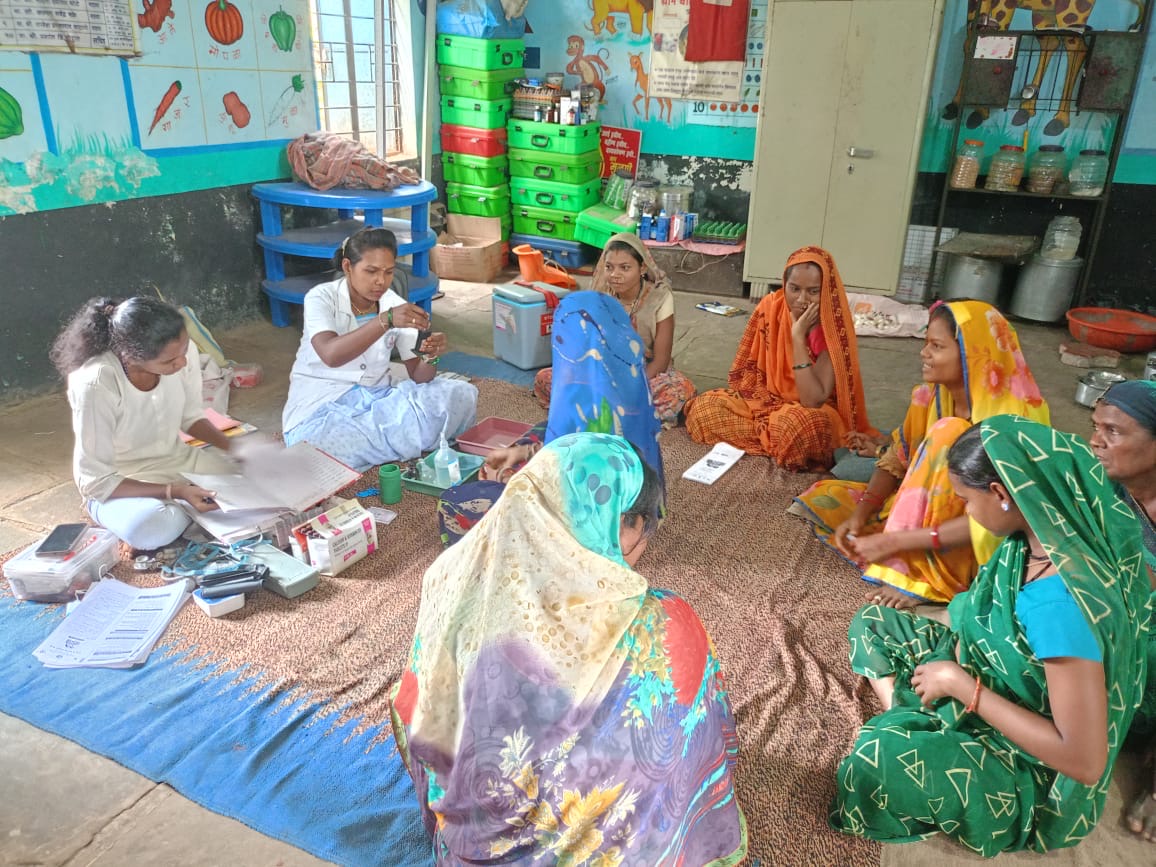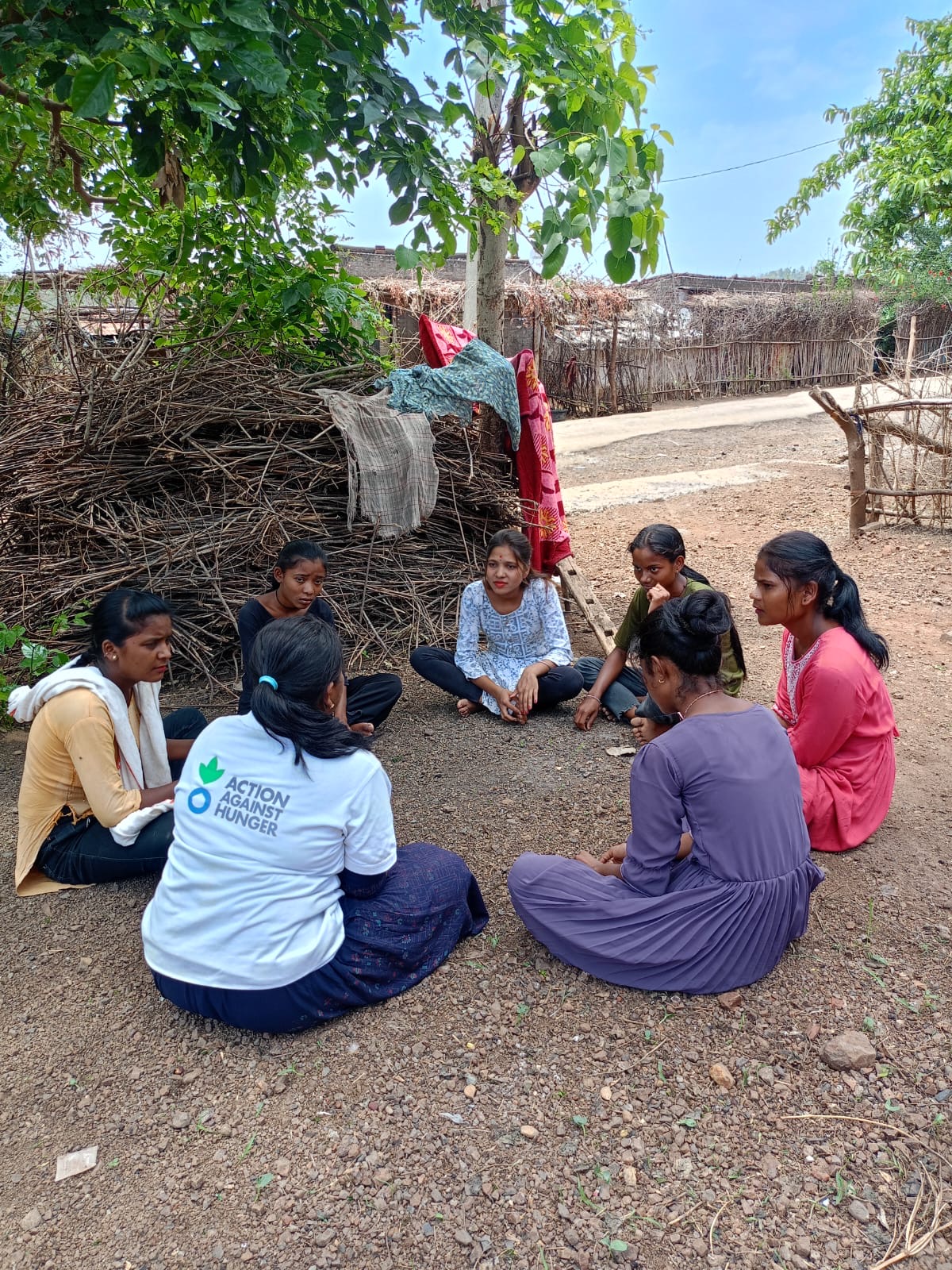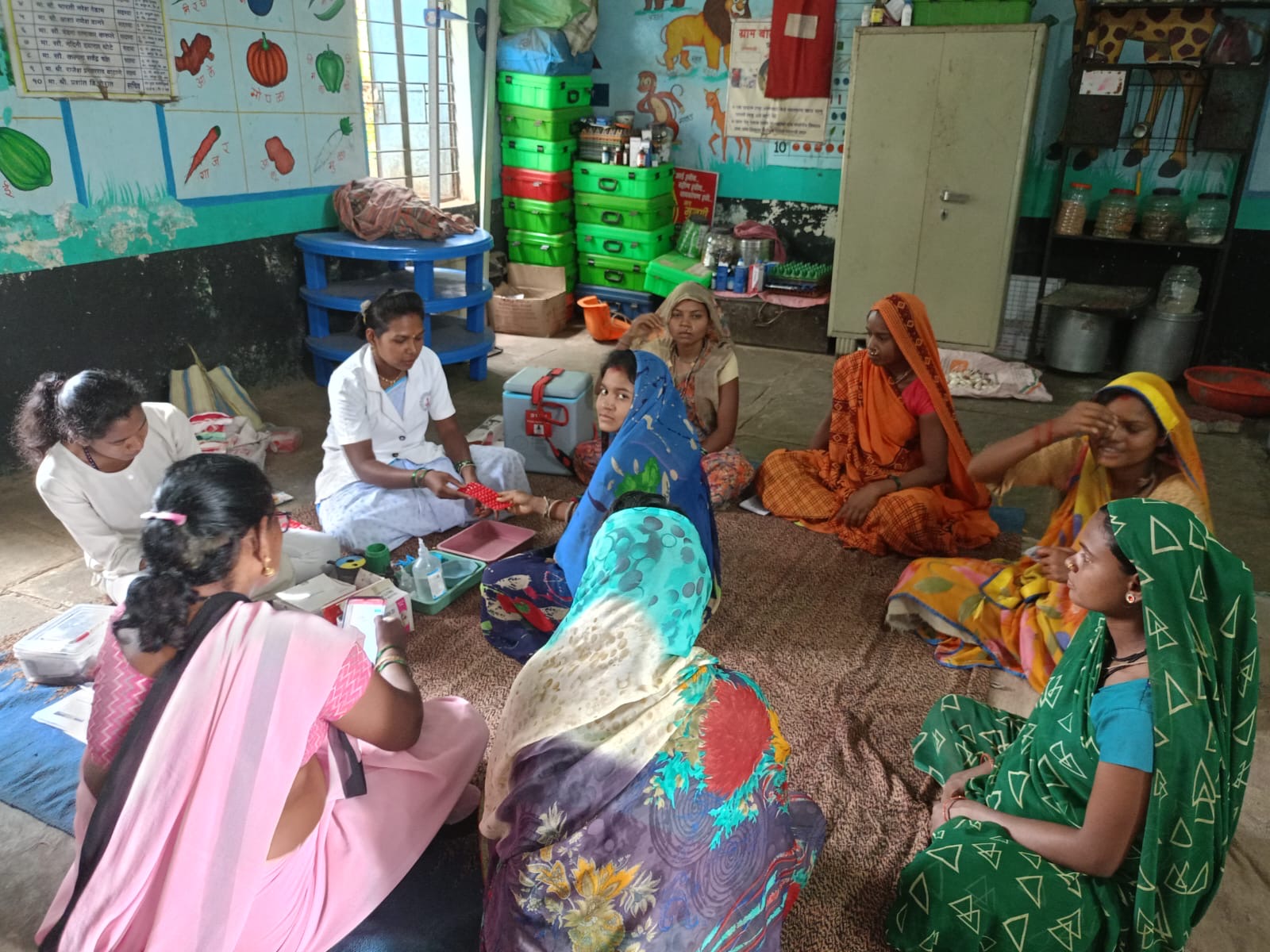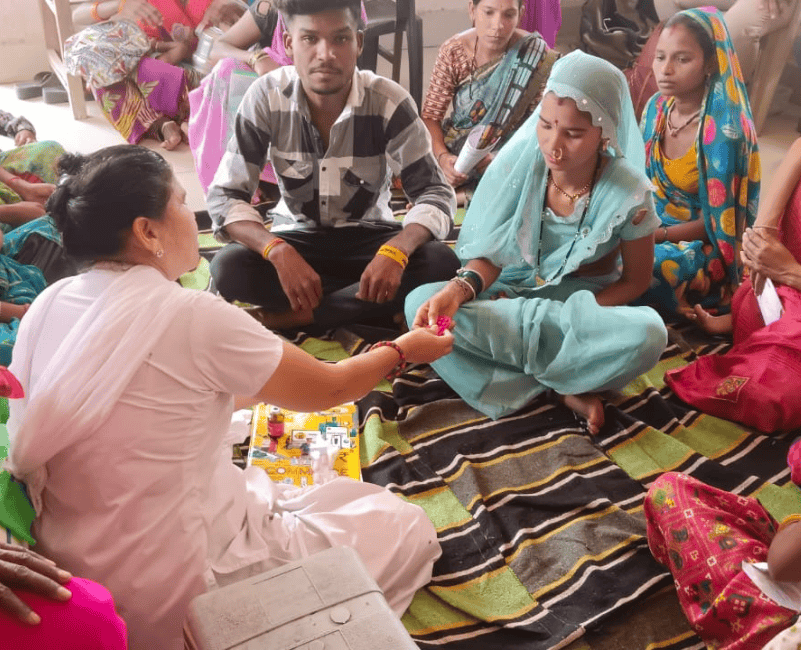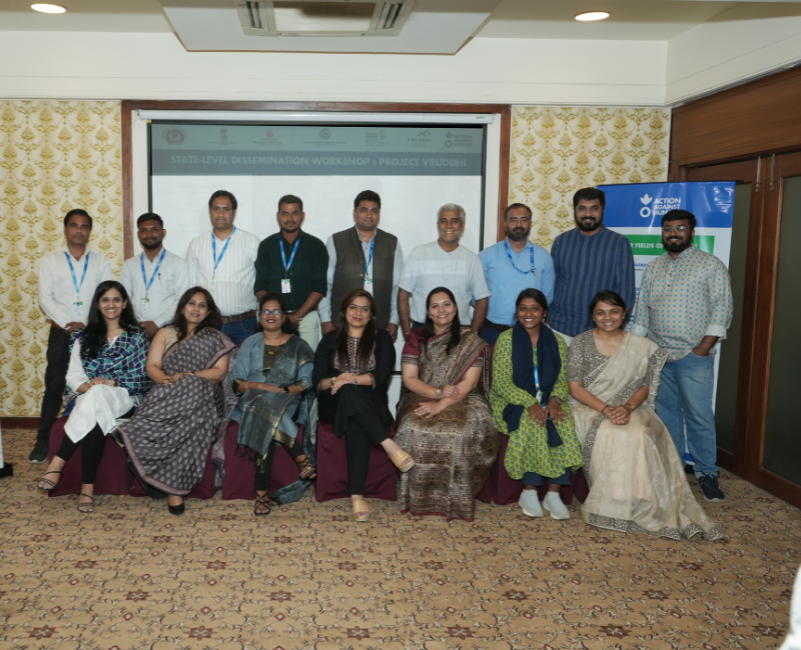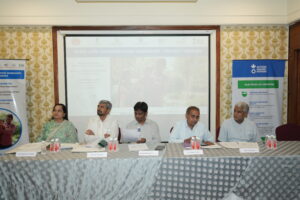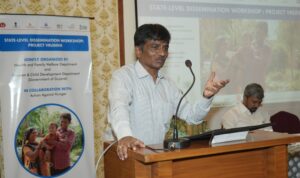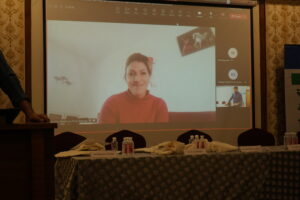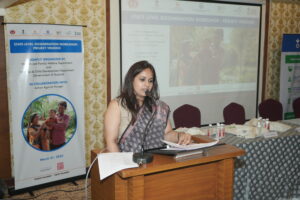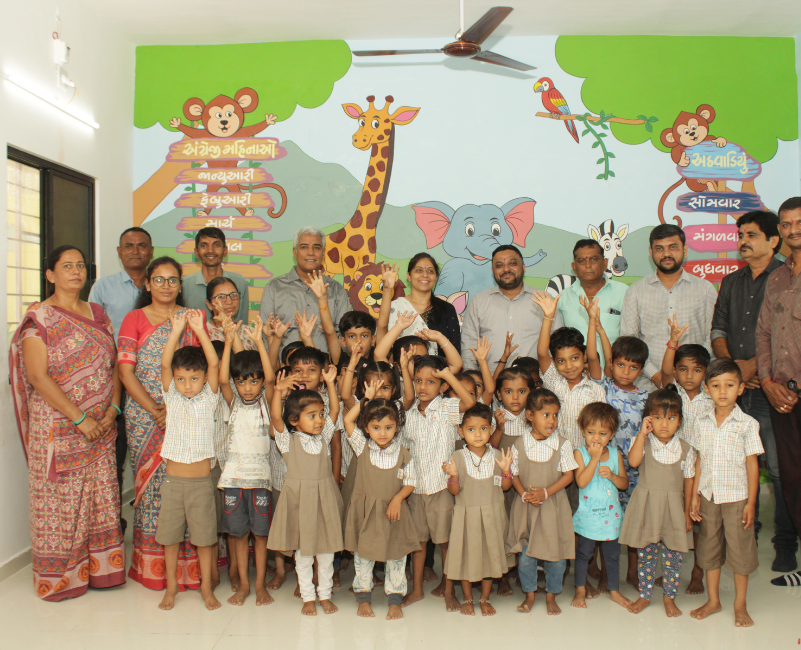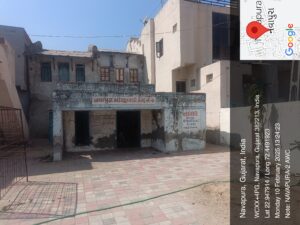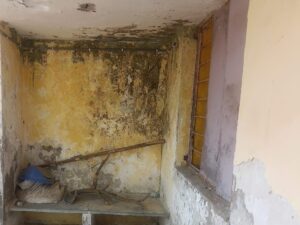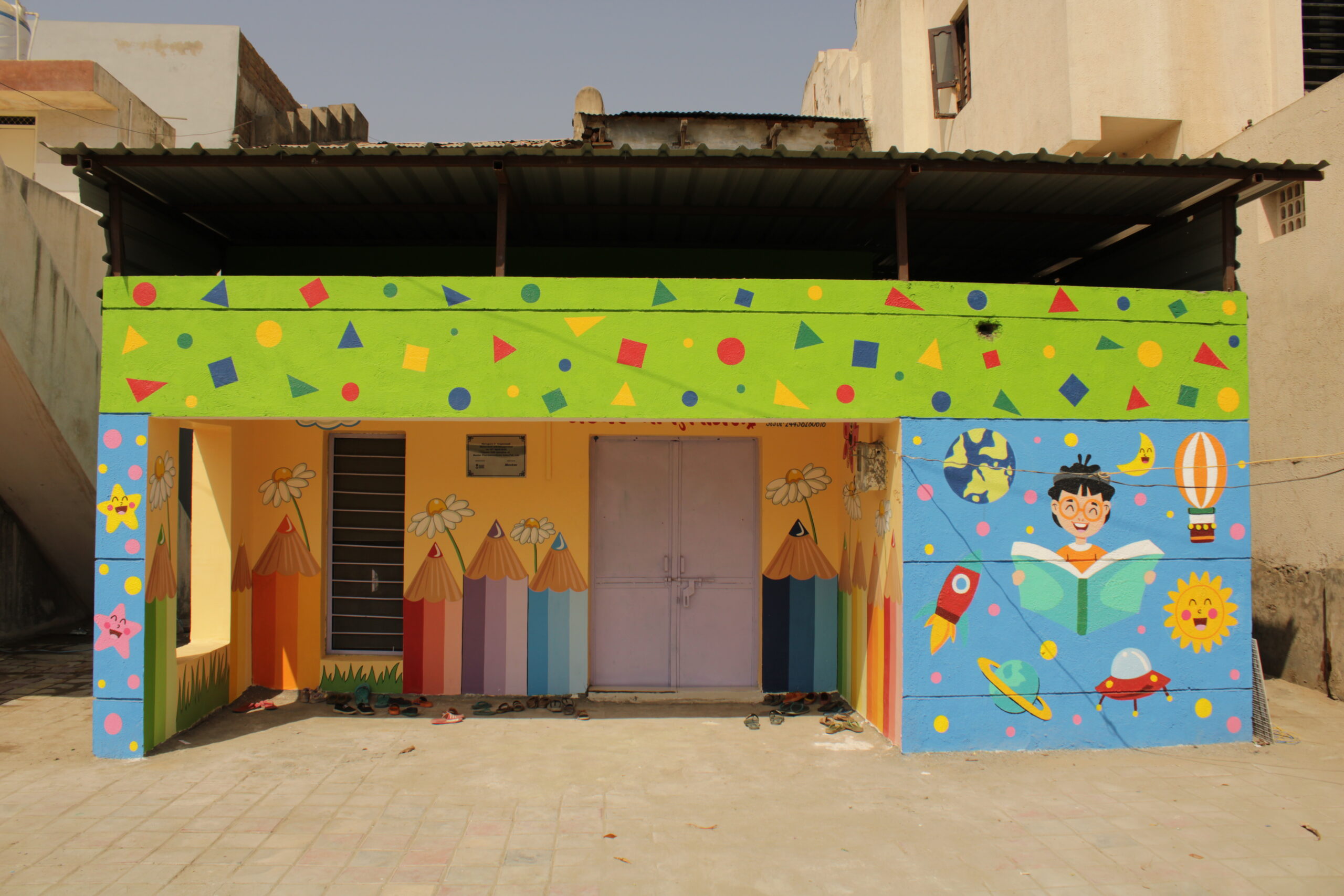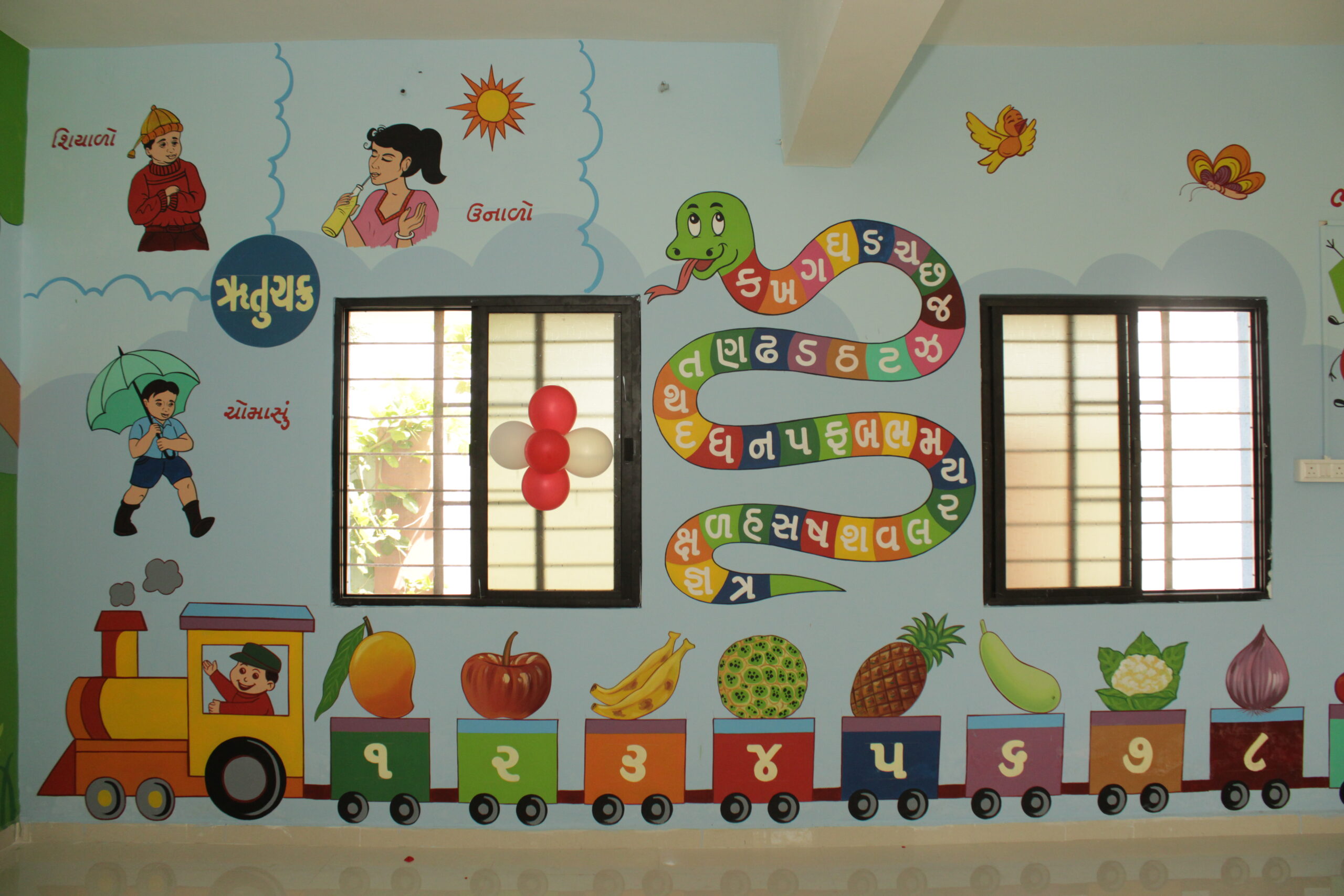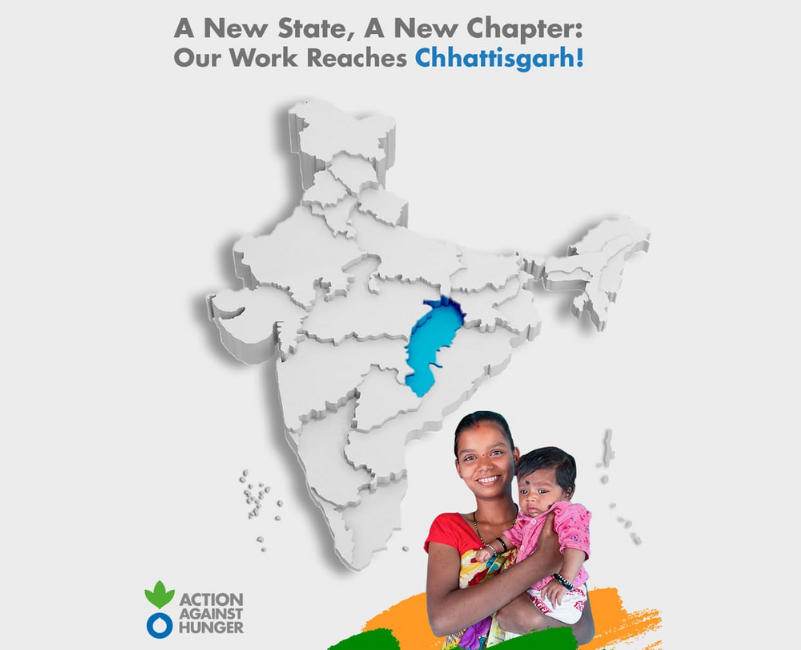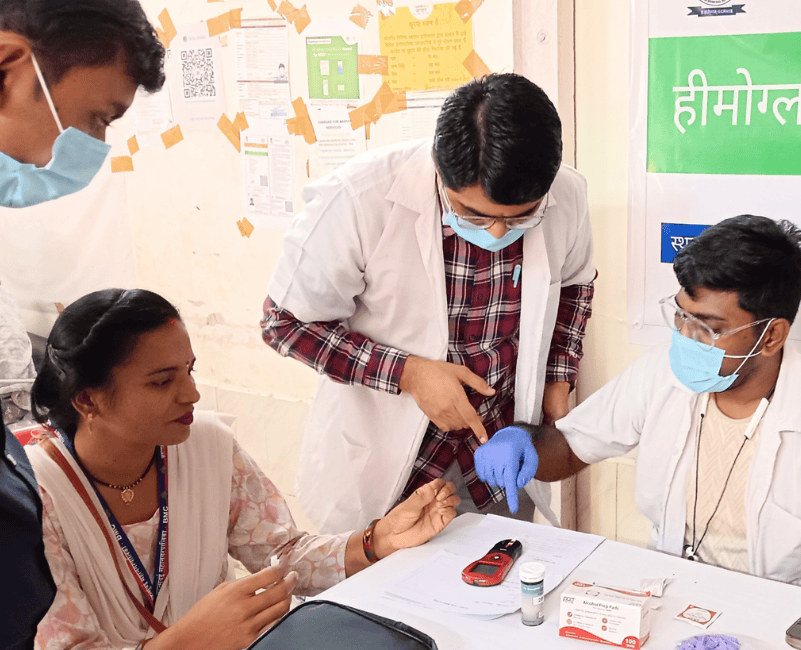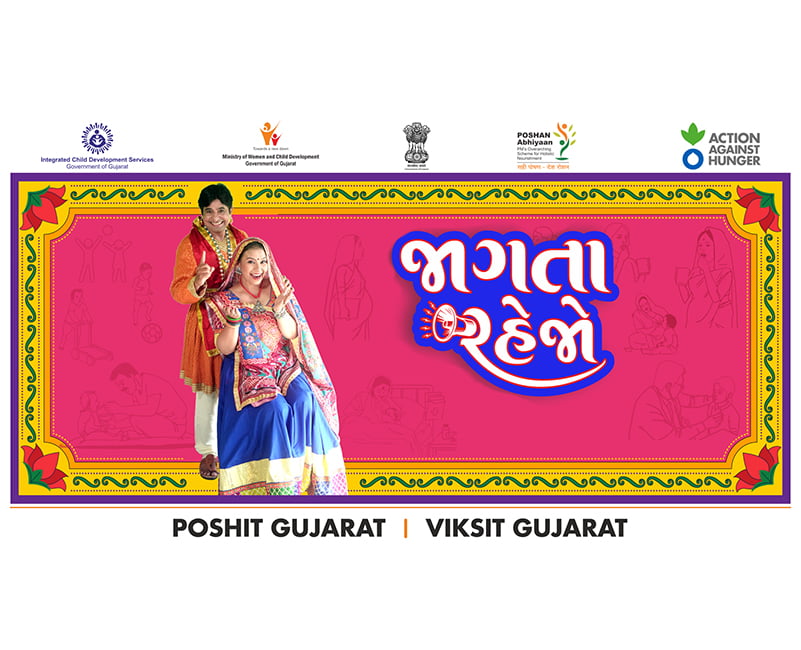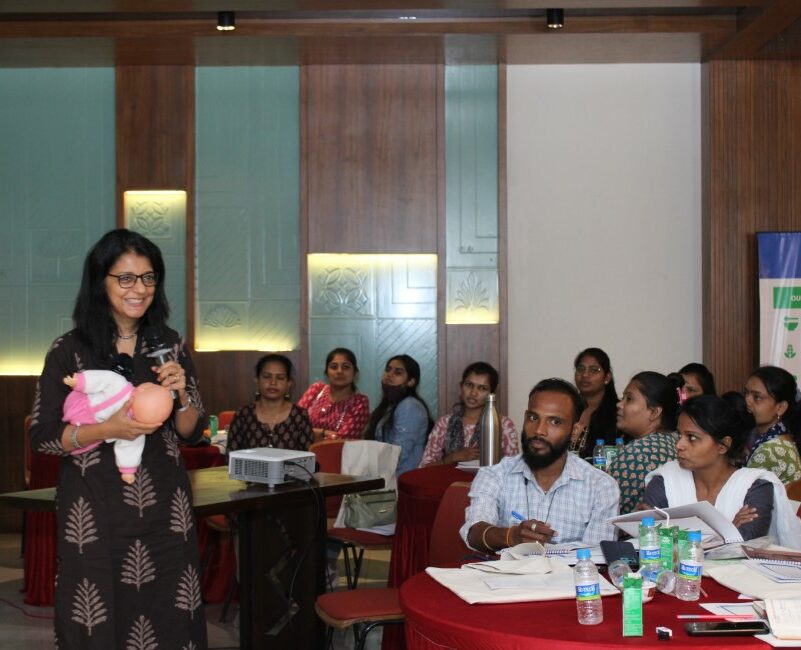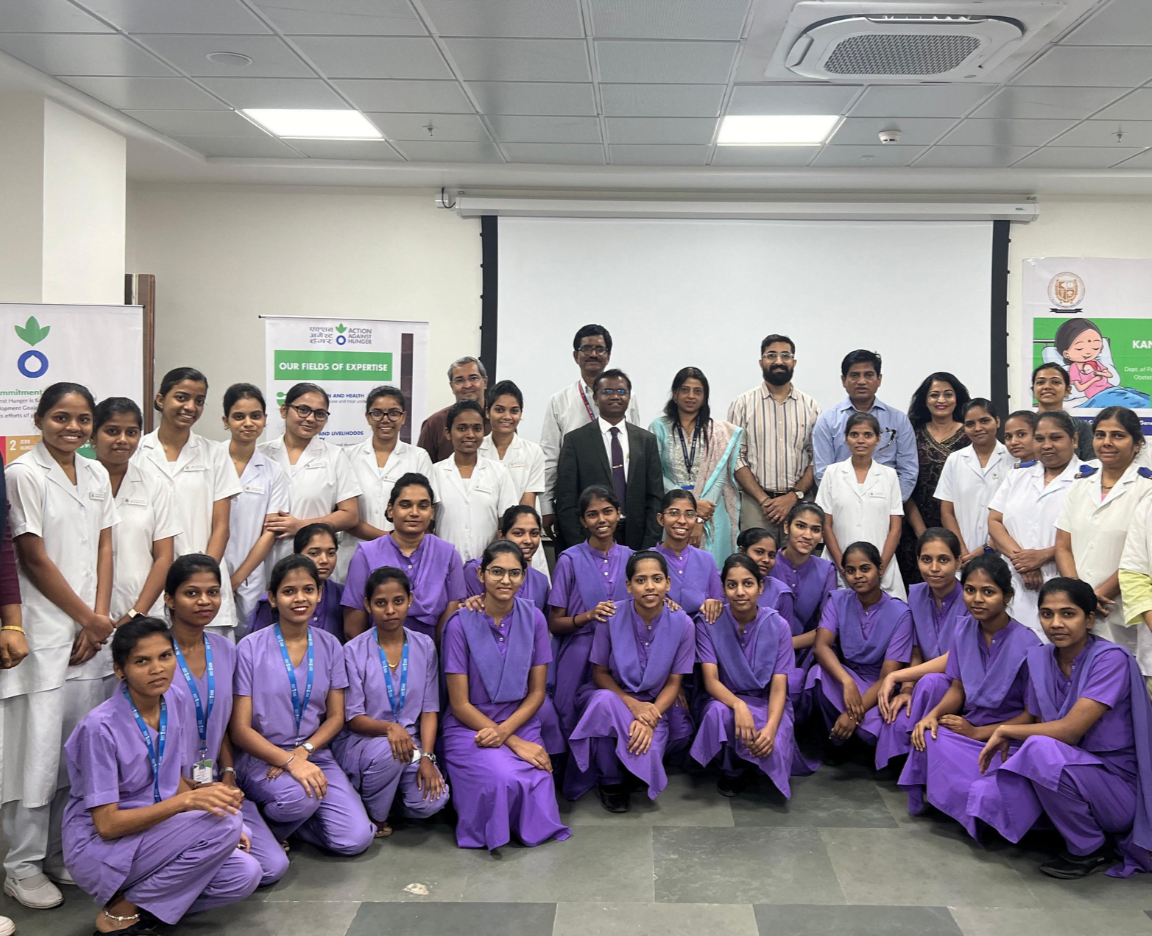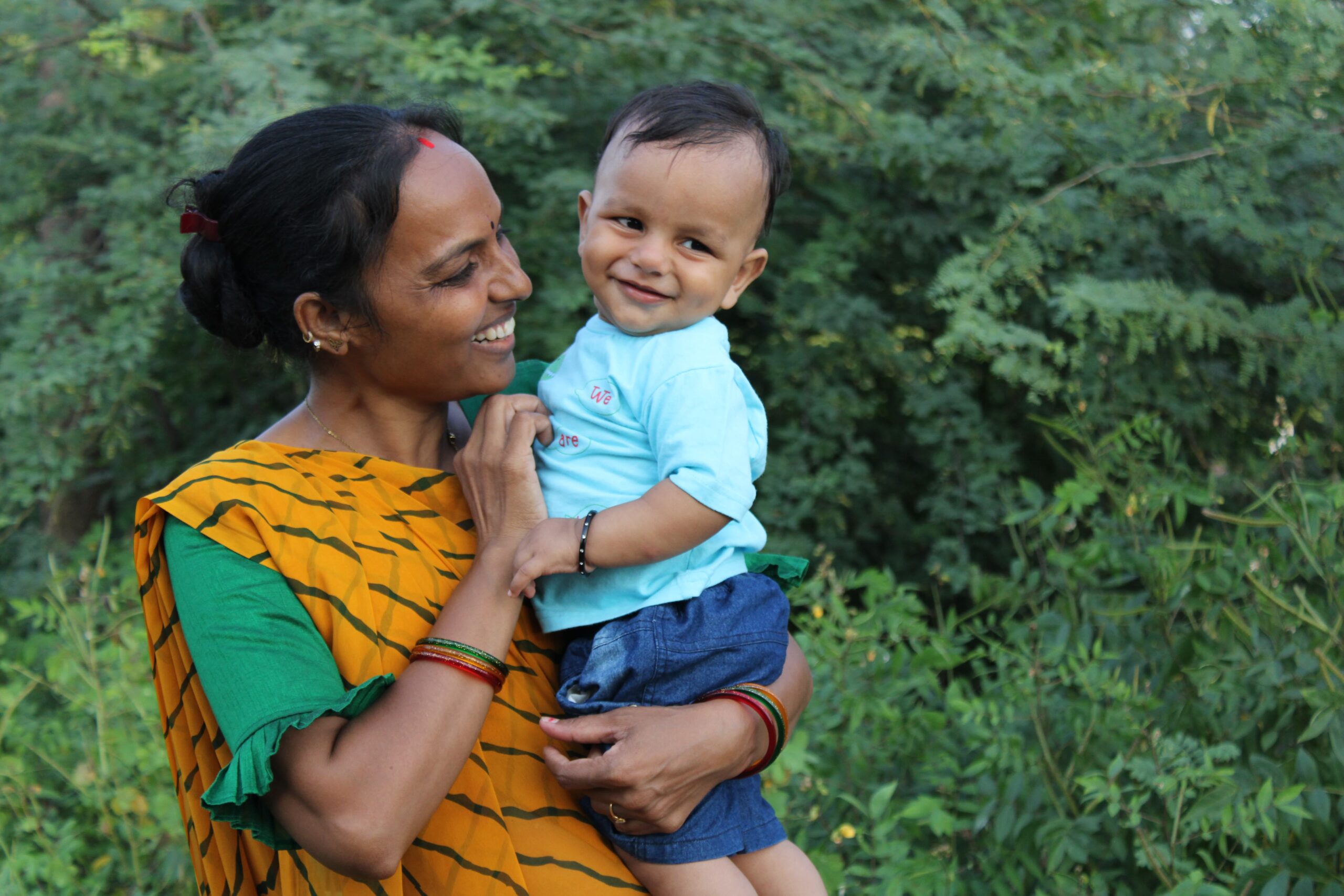Anemia is a silent crisis — one that affects millions across rural India, yet often goes unnoticed. In Dharni, many women, adolescents, and young children live with the daily fatigue, weakness, and long-term health risks associated with this condition. Left unaddressed, anemia can impair growth, learning, maternal health, and overall well-being.
Recognising the urgency of this challenge, Action Against Hunger India, with the support of NAOS, has launched a targeted Anemia Project across 33 villages in Dharni block. This marks a significant expansion of our reach and a deepening of our commitment to community health.
The project specifically focuses on four key vulnerable groups:
- Newly married women, who often face health vulnerabilities due to early pregnancies and limited access to healthcare;
- Pregnant and lactating mothers, whose nutritional status directly affects both maternal and child health;
- Adolescent girls, who are at high risk of iron deficiency due to menstruation and poor dietary intake;
- Children under five, for whom anemia can hinder physical growth and cognitive development.
Our approach combines:
- Community-based screening and identification of anemia using simple diagnostic tools;
- Nutrition education and counselling to promote iron-rich diets using locally available foods;
- Distribution of iron and folic acid supplements, deworming tablets, and referrals where needed;
- Capacity building of frontline workers and community volunteers to sustain impact;
- Behaviour change communication campaigns to promote health-seeking behaviour, early diagnosis, and preventive practices.
With this initiative, we hope to shift the narrative — from silence to awareness, from fatigue to strength, and from vulnerability to resilience. We believe that good health is the foundation of every dream, and no child, girl, or mother should be left behind due to a preventable condition like anemia.
This is not just a health intervention — it’s a step towards dignity, equity, and opportunity for every individual in these villages. Together with NAOS, we are creating healthier beginnings and stronger futures.


